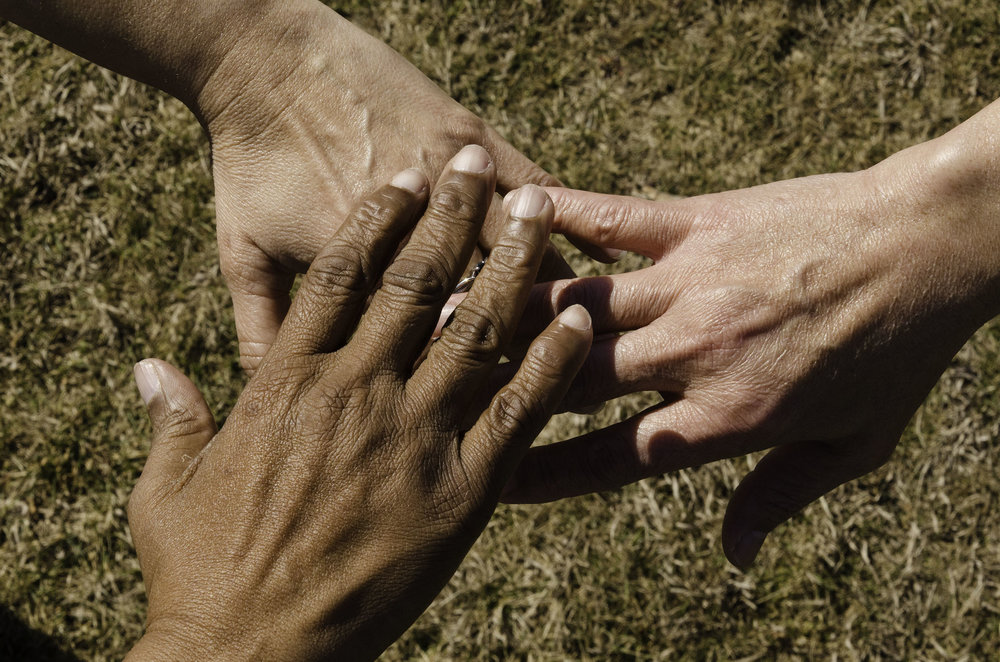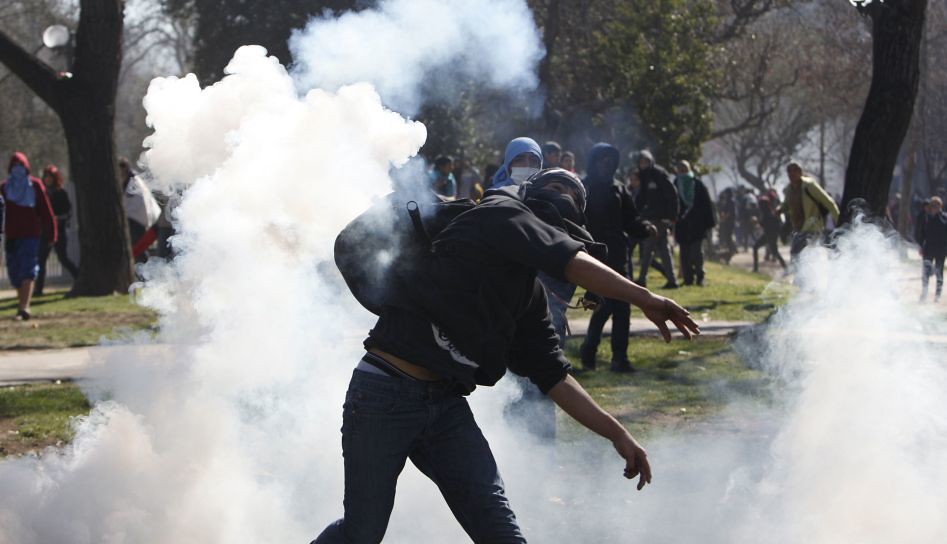18 OCTOBER 2022 | OPINION
Immigration. Relationships outside of Europe. Trade deals. Three things that have been a priority for our governments since 52% of the electorate in the UK voted Leave in 2016.
Understandably, they’ve been important as these three things impact the future of this great nation. This past week, we’ve seen the Prime Minster and the Home Secretary essentially go “head-to-head” with one another, with both having different visions of how the UK should proceed with India, specifically on the immigration debate.
The Prime Minister and Home Secretary failing to work together on this makes me uneasy, and makes me question whether they do actually have the best interests of this nation at their heart. Of course, you can see why they might not be working together if they have opposing views on how much immigration is too much. How much is enough to keep the economy going by balancing out the ageing population?
There are several reasons why it is important – and would be best – for Liz Truss and Suella Braverman to work together to try and at least answer these questions.
Firstly, the country needs a leader who is willing to work with everyone. I’m aware Truss is wanting to take the ‘Thatcher’ approach of being strong, but in terms of what’s good for the country and to an extent the Conservative Party – now is not the time to create some vibrant personality that the British Political History books will remember.
According to The Independent, Truss is overriding Braverman by encouraging “business chiefs keen to recruit foreign workers … to lobby other departments instead of the Home Office”. This comes following reports that “the Prime Minister is planning to increase the cap on unskilled seasonal workers who can come to the UK by 20,000 per year”. Considering that Humphrys, on YouGov, shed the light on how many vacancies were advertised in August:
- * There are 105,000 jobs being advertised in healthcare;
- * Transport requires 100,000 HGV drivers.
On the one hand, increased immigration does fill those job roles that so desperately need filling (especially in healthcare), but one also needs to consider the increased constraints on areas where there are already shortages, specifically in housing and education.
Instead, and given that there is an 80-seat majority (though now more like 70) that was won by our last Prime Minister in 2019, it seems reckless not to do anything with it, and for a topic like immigration, being willing to compromise is the best course of action – to get the infrastructure in place to support housing, education and health, while also filling the vacancies that are so desperately needed.
On a quick note about the Government needing to work together, the actions of last Friday – the dismissal of Kwarteng – were completely unjust. The Chancellor’s ‘mini-Budget’, no matter what one may make of it, was in fact Truss’ ‘mini-Budget’. She was told by the former Chancellor – Rishi Sunak – of the impact that her plans would have.
At the time, Truss not only dismissed the warnings, but focused entirely on getting a sexy soundbite out of it, by saying “this is ‘Project Fear.'” She was warned; she chose to ignore it, and now, the dismissal of Kwarteng highlights the incompetence and the fact that the Conservative Party may be on its last legs. If the rumours are true and a coronation of a new Prime Minister and Deputy is to happen, a General Election will need to be called.
Secondly, with immigration coming to the forefront again last week due to the British-Indian relationship, it is also worth considering the impact that whatever decision is made may influence how the British-Indian community in Britain vote at the next General Election. This has been my PhD research at the University of Hull: looking into the electoral realignment of British Indians who, since 2010, have increasingly been voting for the Conservative Party.
What is worrying is that since Braverman gave her interview and highlighted that “Indians are the largest group of over-stayers”, Prime Minister Modi is now no longer going to visit Britain around Diwali, as was previously planned. This does not suggest that just the views of British Indians should be considered when making the decision on moving forward, but if the Conservatives even want to consider winning power in future elections, they will need the British-Indian vote.
All three of Truss’ predecessors recognised this; under David Cameron, a rally at Wembley Stadium was held; Theresa May and Modi had a successful meeting that covered trade, immigration and “working together to build a more sustainable, prosperous, secure and fairer future for all Commonwealth citizens”. Finally, Boris Johnson met with Modi earlier this year and both men agreed “to get an agreement ‘done’ by Diwali in late October”. Brexit was promised to us as a time when Britain would look outwards from the EU for good, strong relationships. Under Truss, I fear this may be unlikely to happen.
Finally, nearly 40% of British Indians actually voted ‘Leave’ in the 2016 Referendum. There are many reasons for this, but one of those that influenced how people voted was that they felt that “the EU freedom of movement clause is viewed as unfair to Commonwealth migrants, who face more difficulty in the visa application process. For many of these interviewees, decades of hard work to define their status in British society comes at the expense of EU migrants, who benefit from a supposedly ‘open border policy’.”
This is not to suggest that the floodgates to immigration should be opened just because one group in society feel that what has happened previously is unfair, especially when “73% of those who are worried about immigration voted Leave, compared with 36% of those who did not identify it as a concern”.
Nor am I supporting Braverman’s choice of words at the recent Conservative Party Conference, when she said: “I would love to have a front page of The Telegraph with a plane taking off to Rwanda – that’s my dream, it’s my obsession”. However, when it comes to preserving Britain’s history, it would make more sense to be open to more Indians coming to the country – who have respect for British culture traditions and, most importantly, are willing to integrate.
If Liz Truss continues not to work with her colleagues on issues like this, she may very well win the title of ‘Worst Prime Minister’ before her time is up.

























